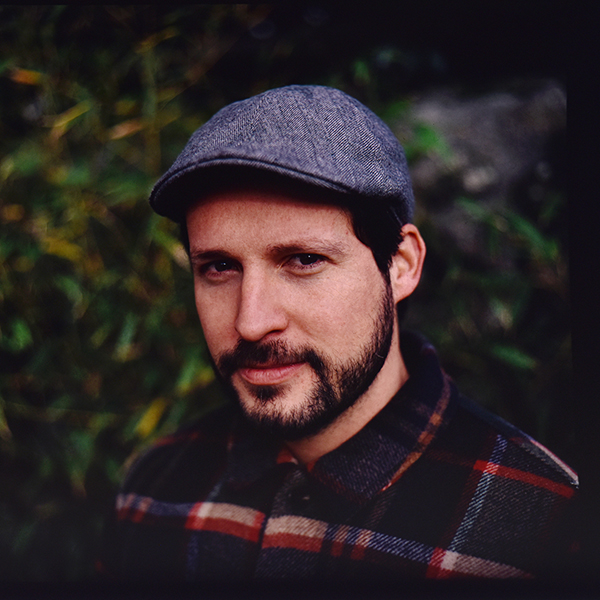Felipe Argiles
Faculty of Fine Arts of the University of Porto

Faculty of Fine Arts of the University of Porto

Felipe Argiles Silveira, in his academic journey, studied Agricultural Engineering at the Federal University of Pelotas (UFPEL) and Visual Arts – Photography at the Artistic School of Porto (ESAP). He completed his master’s degree in Fine Arts – Intermedia at the Faculty of Fine Arts of the University of Porto (FBAUP) with the project report “Invisible Structures – Concealment and Silencing as a Control Strategy in Brazil.” Currently, Felipe Argiles is a PhD candidate in Fine Arts at FBAUP. He finished his postgraduate studies in Planning Engineering at the Federal University of Rio Grande do Sul (UFRGS) and earned a Master of Business Administration in Project Management from Fundação Getúlio Vargas (FGV). He worked as a trainer at the Portuguese Institute of Photography (ipF) from 2021 to 2024, where he taught a series of subjects and supervised individual projects in various areas of photography. He has been producing work and critical thinking on post-colonial studies since his undergraduate degree in visual arts, participating in several group and solo exhibitions in Portugal and Brazil. Felipe Argiles crosses various media, with particular attention to the modes of production and reception of images, sound, and video, always with an experimental approach related to the plastic mechanics of materials and media. His latest research focuses on immigration issues in Europe, control devices in immigration systems, the precariousness of life, and the integration of immigrants into Portuguese society.
Thesis title
How to Oversee Invisible Beings? Fine Arts as a Tool for Critical Analysis of Domination and Subjugation Strategies of Invisibilized Immigrant Groups in the European Context
FCT reference
2024.03879.BD
Abstract
Through multimedia installation art practices, this research proposes the creation of reflective environments on immigration policies, their mechanisms of surveillance, and the technological, digital, bureaucratic, and procedural apparatuses used to block, classify, and segregate unwanted population groups in European territories. The project focuses on specific immigrant groups to explore issues related to the invisibility of bodies, concentrating on processes of social adaptation and integration, cultural conflicts, precariousness of life, racism, and xenophobia in Portugal. By engaging the viewer’s body with the multimedia installation, this research aims to develop critical and poetic lines of inquiry within the arts, proposing new thought production and deconstruction of dynamics inherited from colonialism.
Supervision
Orlando Vieira Francisco
More info